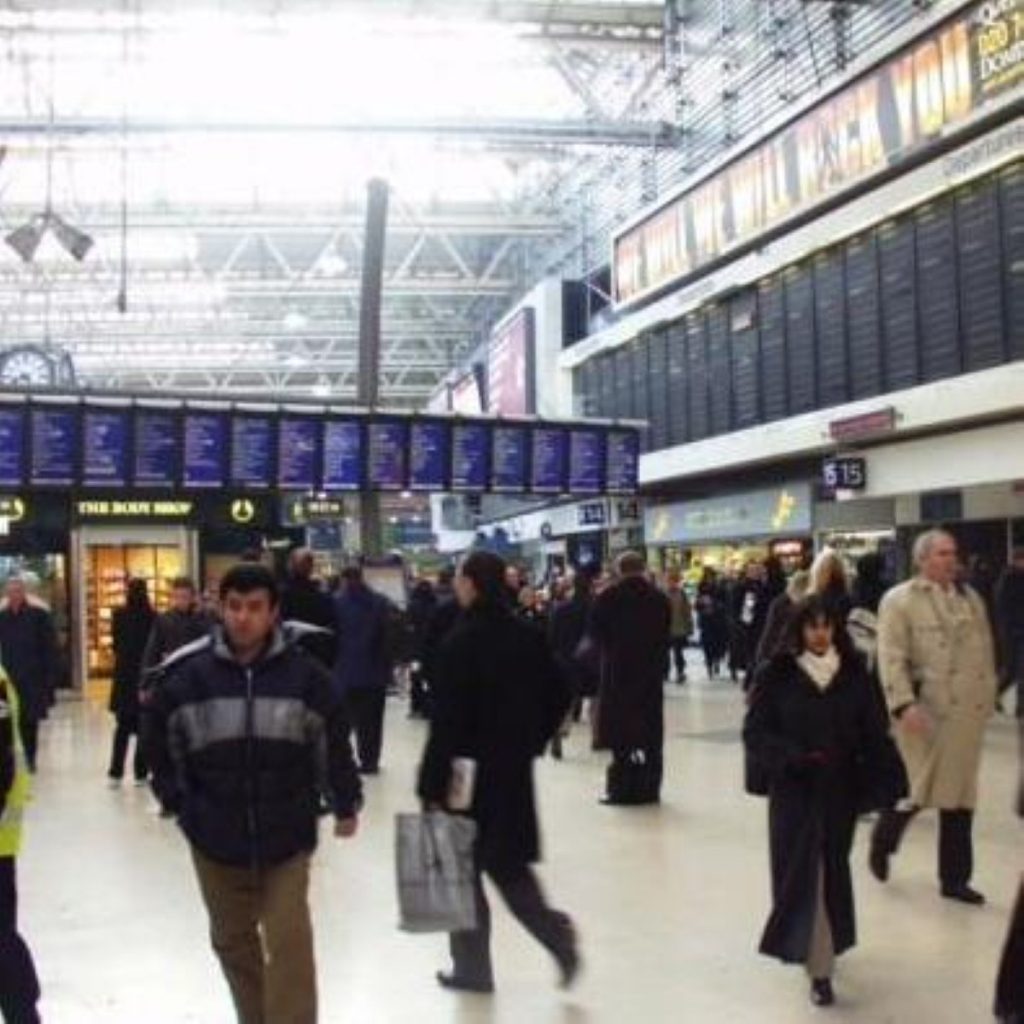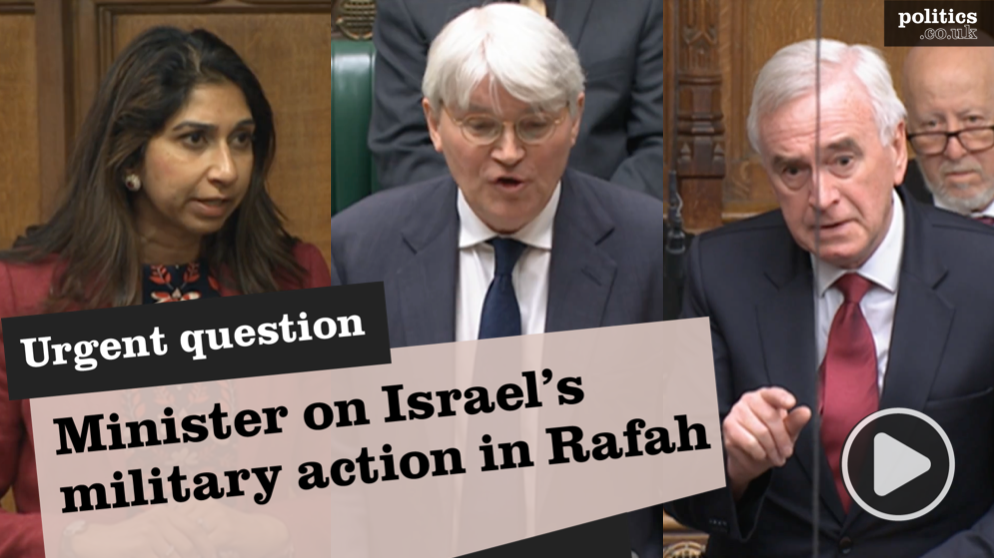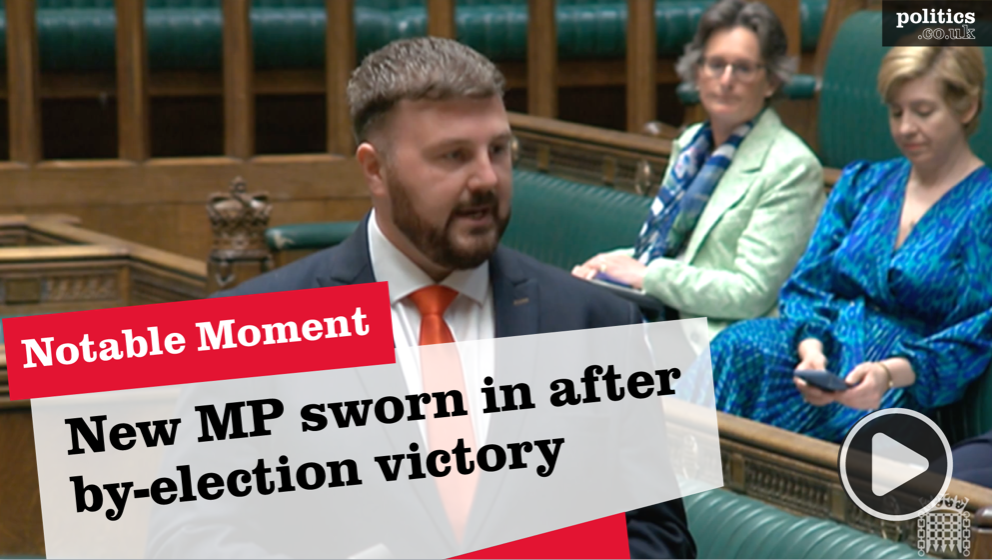Darling promises rail improvements
The Transport Secretary has launched his White Paper “The Future of Rail” promising a radical shake-up of the system that will deliver real improvements for passengers.
He announced his intention to abolish the Strategic Rail Authority (SRA), devolve some responsibilities to the regions and Scotland and Wales as well as hand more power to Network Rail.
Speaking in the Commons Mr Darling promised MPs that the new structure will ensure money is spent where it is most needed, not wasted through poor planning and needless bureaucracy.
Most of the functions of the SRA in providing strategic direction to railway industry and awarding and monitoring the performance of train operating companies will be taken over by the Department for Transport.


Mr Darling said that they would be looking to reduce the number of franchises and facilitate “closer working between track and train operations – the importance of which the architects of privatisation failed to understand.”
Network Rail will be put in charge of industry planning, setting timetables and will take control when track incidents threaten delays across the network.
The Office of Rail Regulation will take over responsibility for safety from the Health and Safety Executive, but it will remain independent of the Government. It will also be responsible for deciding how much income Network Rail requires and ensuring the “Government pays the proper price for what it buys.”
Mr Darling told the Commons that: “Last year the railways carried over a billion passengers for the first time since the 1960’s. So it’s essential we put in place the right organisation to run the railways providing passengers with reliable and efficient services.”
He said today’s proposals “provide a single point of accountability for performance; allow closer working between track and train and provide for greater local and devolved decision making. Together these proposals will make sure that Britain’s railways are run in the public interest – for the benefit of its passengers and freight customers.”
“The Government will take charge of setting the overall strategy for the railways. It must be for Ministers, accountable to Parliament and the electorate, to set the national strategy for the railways. It will set high level objectives, including the levels of performance. It is for the Government to decide how much money it is able to spend and to be held to account for those decisions.”
“Many of today’s problems stem from the fact that at the moment no one organisation is in charge of running the railway on a day to day basis. In future overall responsibility for the network will pass to Network Rail. The Government will set out what services Network Rail is to deliver, and Network Rail will take on new responsibilities”
“Too often under the present system companies have been able to pass the buck for poor performance. So in future, Network Rail will be responsible for ensuring that the network delivers a reliable service through an agreement with Government. And it will be accountable to passengers and freight users for performance of the network.”
In a further move, Mr Darling granted increased powers to the Scottish Parliament, Welsh Assembly and Greater London Authority. Decision on local transport needs are “best taken locally”, said the Secretary of State.
He explained that the Scottish Executive would be granted responsibilities for the day-today control of track, signally and spending – adding to its existing powers over rail operators.
The Welsh Executive would be allowed to take more decisions on funding and also highlight additional work that is required, whilst in London additional powers to rationalise fares within GLA boundaries will be devolved.
However, the decision to give great power over transport to the London Mayor was questioned by the Conservatives. Tim Yeo said that the railways need fewer politicians involved rather than more.
John McDonnell MP, a member of the RMT Parliamentary Group, said that he welcomed the fact that more of the railways are now under public control.
“Slowly but surely the Government are reinventing British Rail in establishing a publicly accountable and publicly owned railway system, but we urge the Government now to set aside their timidity and bring the Train Operating Companies back under full public ownership.”











